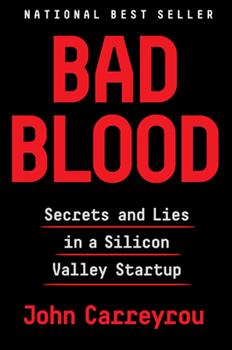Friday, Nov. 3, 2023 | 2 a.m.
It wasn’t a Halloween stunt: Sen. Josh Hawley, R-Mo., on Tuesday introduced a bill to block big corporations from spending their vast stockpiles of cash to back candidates in election campaigns.
“For decades, Corporate America has funneled billions of dollars into elections in favor of politicians who favor their woke, social agendas — instead of American voters’ interests,” the senator said in a press release. He wants to “stop their dollars from buying our elections.”
Hawley’s bill would undo a big portion of Citizens United v. Federal Election Commission, the 2010 Supreme Court decision that unleashed a flood of corporate spending to influence American elections. Big money — be it from business interests or the billionaire class — has always had a louder voice in our politics. The court’s decision tilted the playing field even more in their favor.
To the extent Hawley’s bill would tilt the balance back to everyday voters, that’s a good thing. But a bit of caution is probably needed.
Corporate donations to Hawley dried up after he played a prominent role encouraging the effort to overturn President Joe Biden’s election win in 2020, even offering a raised-fist salute to the crowd that assaulted the Capitol. But the senator didn’t see his campaign coffers empty out after that ugly incident: Instead, he started raking in cash from small-dollar right-wing donors.
So Hawley’s new bill might be a way for him to tilt the campaign finance playing field back in his own personal favor.
Another reason to be skeptical: Hawley’s bill would ban donations only to candidates and super PACs from publicly traded companies. Big corporations such as Apple, Microsoft and Google — traded on the stock market — would have to cut off their support of candidates.
But the bill as written would still leave privately held firms and rich donors untouched. Companies such as Kansas’ Koch Industries and individuals such as Peter Thiel and Harlan Crow, who donate large sums to right-wing candidates and causes, would still be free to spread their money around.
And the bill would also leave untouched so-called “dark money” groups, which spend money on elections without disclosing their donors.
The closer you look at Hawley’s proposal, in other words, the less impressive it appears.
Still, it’s admittedly fun to watch Hawley wade into a fight with an older generation of Republicans who opened the door to all that corporate cash in the dubious name of protecting “free speech.” CNN reported that Senate Minority Leader Mitch McConnell warned his fellow Republicans against backing Hawley’s bill, pointing out that corporate cash has helped a lot of GOP senators win their elections.
Who knows? Maybe Hawley is legitimately rebelling against the powers that be, ready to upend the power structure that has supported the GOP hierarchy for so long.
Maybe that’s his game. If so, it’ll be interesting to watch — and maybe, if we’re lucky, regular folks will benefit somehow. But there is always a reason to think there’s an angle being played. It’s Josh Hawley we’re talking about, after all.
Joel Mathis is a columnist for The Kansas City (Mo.) Star
















